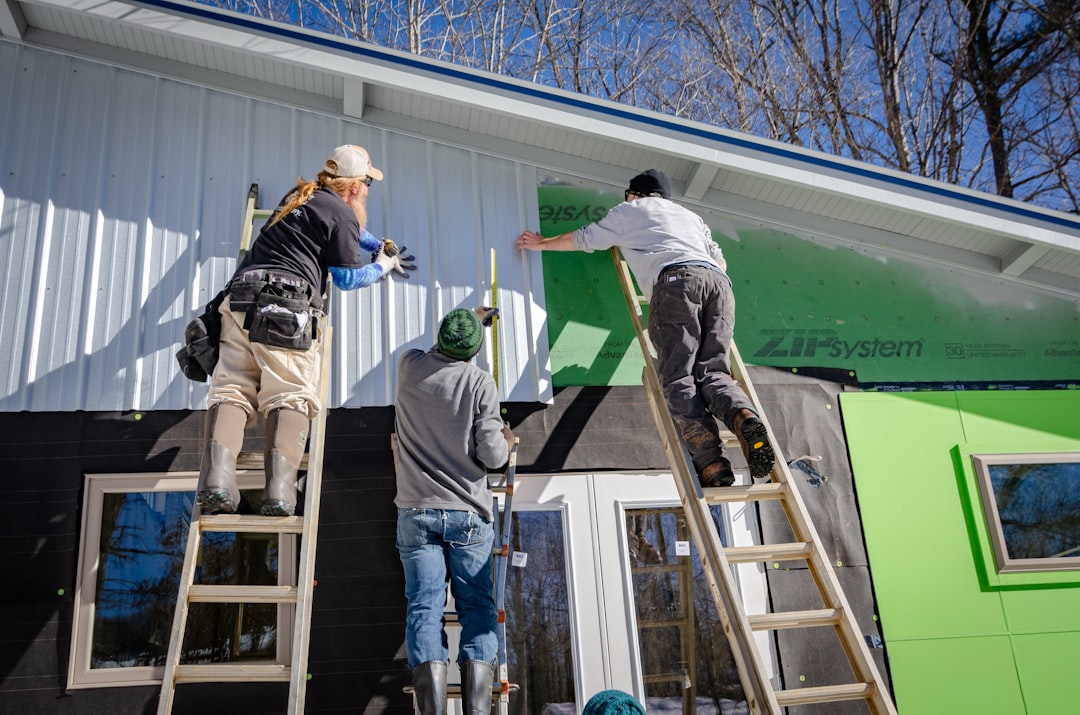
Baseboards are crucial for achieving a polished finish in any construction project. Properly painting baseboards can significantly enhance the aesthetic appeal of a room. However, labor, preparation time, and material requirements are often underestimated. Professionals can benefit from precise planning and execution to avoid common pitfalls.
Component Cost:
For labor estimates, consider factors such as crew size, project complexity, and regional cost variations.
• Invisible Footage: Overlooked trims in tight spaces can lead to inaccuracies. Ensure thorough site assessments to capture all details.
• Material Absorption: Different materials require specific primers and paints. Adjust accordingly to prevent overuse.
• Scheduling Conflicts: Coordinate with other trades to avoid delays and ensure smooth project flow.
1. Conduct a detailed walkthrough to assess all trim specifics.
2. Develop a comprehensive floorplan, noting all necessary details.
3. Review and confirm the takeoff to ensure accuracy.
• Remove old caulk and fill nail holes with spackle.
• Sand surfaces with 180-grit sandpaper to remove gloss.
• Clean surfaces to ensure optimal paint adhesion.
• Use appropriate primers for MDF and pine materials.
• Apply paintable caulk at joints to seal gaps effectively.
• Use a 2.5-inch angled sash brush and a 4-inch foam roller for application.
• Apply two coats of semi-gloss latex for durability.
• Adhere to recommended drying times to ensure quality.
Materials
• Primer: Covers approximately 300 linear feet at 4-inch height.
• Finish Paint: Covers about 250 linear feet with two coats.
• Caulk: One tube suffices for around 150 linear feet.
Labor
• Preparation: 0.25 hours per 25 linear feet.
• Priming: 0.15 hours per 25 linear feet.
• Finishing: 0.30 hours per 25 linear feet.
• Ensure uniform sheen under lighting conditions.
• Maintain continuous caulk lines without gaps.
• Protect floors with disposable floor film.
• Provide a touch-up kit for post-project maintenance.
Baseboards, though small in area, significantly impact the overall project quality. Integrate baseboard painting into the project timeline to ensure seamless coordination with other trades and minimize rework.
• Preserve brush shape by wrapping it in plastic between coats.
• Label paint batches with room information for consistency.
• Add minor water to paint for smoother application on dry days.
• Avoid using tape on freshly primed surfaces to prevent lifting.
• Document completed work with photographs for records and client communication.
Ready to optimize your baseboard painting projects? Visit CountBricks.com to explore advanced tools and resources for construction professionals.

A newly constructed 2,400 sq ft farmhouse provided an opportunity to demonstrate precise baseboard painting techniques. The project involved 780 linear feet of 6-inch MDF baseboards.
The project manager conducted a detailed walkthrough, noting conditions such as "Living room, 6-inch board, minor edge swelling," to identify and address potential issues early.
• Materials Used: 3 gallons of primer, 4 gallons of enamel, and 6 caulk tubes.
• Labor Hours: 42 hours over 4 days.
• Cost Accuracy: Final costs aligned within 1.7% of the initial estimate.
• Early detection of material issues prevented additional costs.
• Efficient scheduling facilitated smooth project execution.
Our flexible methods allow for quick adjustments to project changes, ensuring data is centralized and easily accessible for contractors and clients alike.
Enhance your project efficiency and accuracy. Visit CountBricks.com to discover AI-guided solutions for your construction needs.